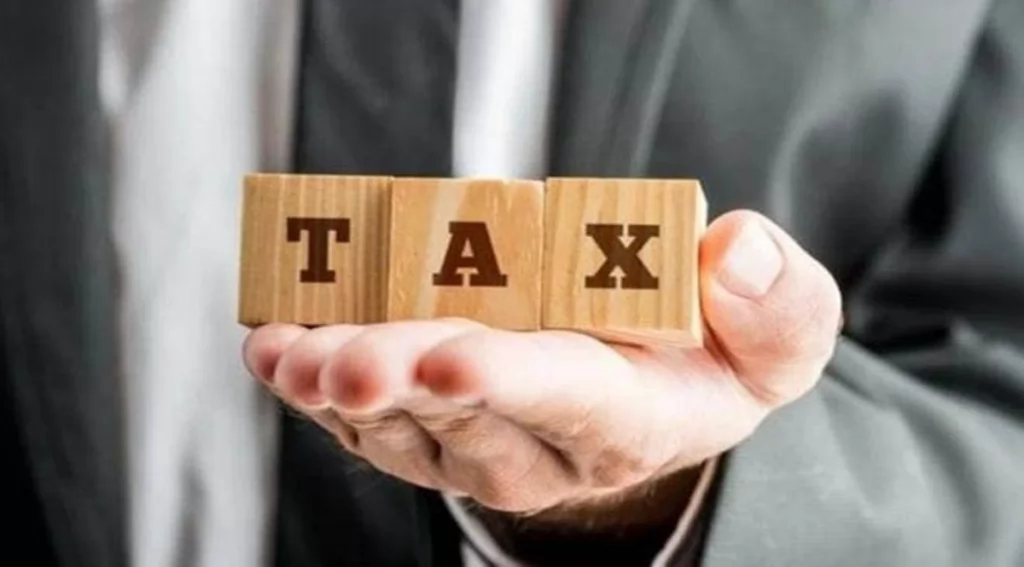The government has been able to increase its direct and indirect tax collections through process simplifications, awareness and plugging evasions
India reported a 36 per cent jump in its gross direct tax collections at Rs 6.48 lakh crore till the first week of September over the corresponding period of the last fiscal year. It was up by over 30 per cent in terms of net direct tax collections during this period. According to a statement released by the Ministry of Finance, the present direct tax collections are 37.24 per cent of the total budget estimates for FY 2022-23 (April-March) and are expected to surpass these estimates. In the year-ago period, direct tax collections stood at Rs 5.29 lakh crore.
Over the last 8 years, India has been able to widen its tax base at the same time nudging tax-payers for better compliance. The government has done a laudable work towards better tax compliances be it direct and indirect.
Even as we are recovering from the Covid-19 pandemic and aspiring to be a USD 5 trillion economy, it remains imperative to increase our revenues and revenue sources and check leakages.
According to a statement issued by the Finance Minister earlier this year, there were around 8.22 cr direct tax payers in the country against the total projected population of 1.36 billion. There are individual tax payers and companies who have filed return of income or in whose case tax has been deducted at source.
The government has implemented the non-filers monitoring system (NMS) which captures and analyses in-house information as well as transactional data received from third-parties to find out such people or organisations which have done high value financial transactions with potential tax liabilities but are yet to file their returns.
The government is keen on bringing more non IT filers into its ambit and has indicated that it will be doing so by conduction reach-out programmes, creating mass media awareness programmes, issuing statutory notices to ensure compliance and simplifying and creating process that would encourage people to file their income tax without much hassles.
The newly launched IT portal with all its teething problems was a step in that direction. The initiative has been taken to encourage ‘Do it Yourself’ (DIY).
Not just the direct tax, India is also seeing an uptick in its indirect tax collections with over Rs. 1.4 lakh crore Goods and Services Tax Collections month-on-month.
Interventions
The government has ensured better tax compliance through technological interventions, tightening rules and ensuring better reporting. There is a palpable inclination towards compliance among people and they do not want to be on the non-compliance side. This is a very positive development for the economy, and the country.
The government has also introduced innovative ways like faceless assessment to mitigate human interventions and ensure that tax payers are not unnecessarily harassed; ‘Vivad Se Vishwas’ scheme for dispute resolution and the latest relaxation in the compounding of tax offences.
The income tax department recently relaxed various norms under the I-T Act According to the revised guidelines issued on 16th of September the time limit for acceptance of compounding applications has been relaxed from the earlier limit of 24 months to 36 months now from the date of filing of the complaint. The IT department has also introduced specific upper limits for the compounding fee covering defaults across several provisions of the Act.
Not just this, one of the most striking things is the alacrity with which the refunds are being processed by the government. The income tax refunds have become quite quick and are being reimbursed in matter of weeks and not months.
The government is also looking to earn taxes from new age instruments like incomes being made by individuals from crypto transactions and online gaming. This is an area where remains untapped and has huge potential to contribute significant revenues to the government coffers. While the rules on these are yet to be framed, the government has clearly stated its intentions that it will not let go the opportunity to earn revenues till such time the rules are formally implemented.
Advance Tax
The advanced tax collections for the quarter ending 30 September has jumped over 22 per cent to Rs 1.30 lakh crore. This is on the back of expectations of improved corporate performance and robust economic scenario. Advance Tax is paid by corporate sector or high net worth individuals (HNIs). Companies paid Rs 78,783 crore advance tax in the first quarter of the current fiscal according media report.
In order to support its public spending, infrastructure development and create employment opportunities for its growing and aspiring population, India must look to constantly grow its revenue streams instead of milking the same cow over and over.
This will also reduce its planned borrowing and narrow its fiscal deficit.
The government is working with a lot of purpose in this direction and we can expect collections to improve even further from here.
In a population of over 136 cr, India can do much better to increase its direct tax payer base from 8.22 cr. A larger tax base could only bring down tax slabs and reduce burden of individual tax payers. The government realises the importance of ceasing this opportunity and seems to be at it.

